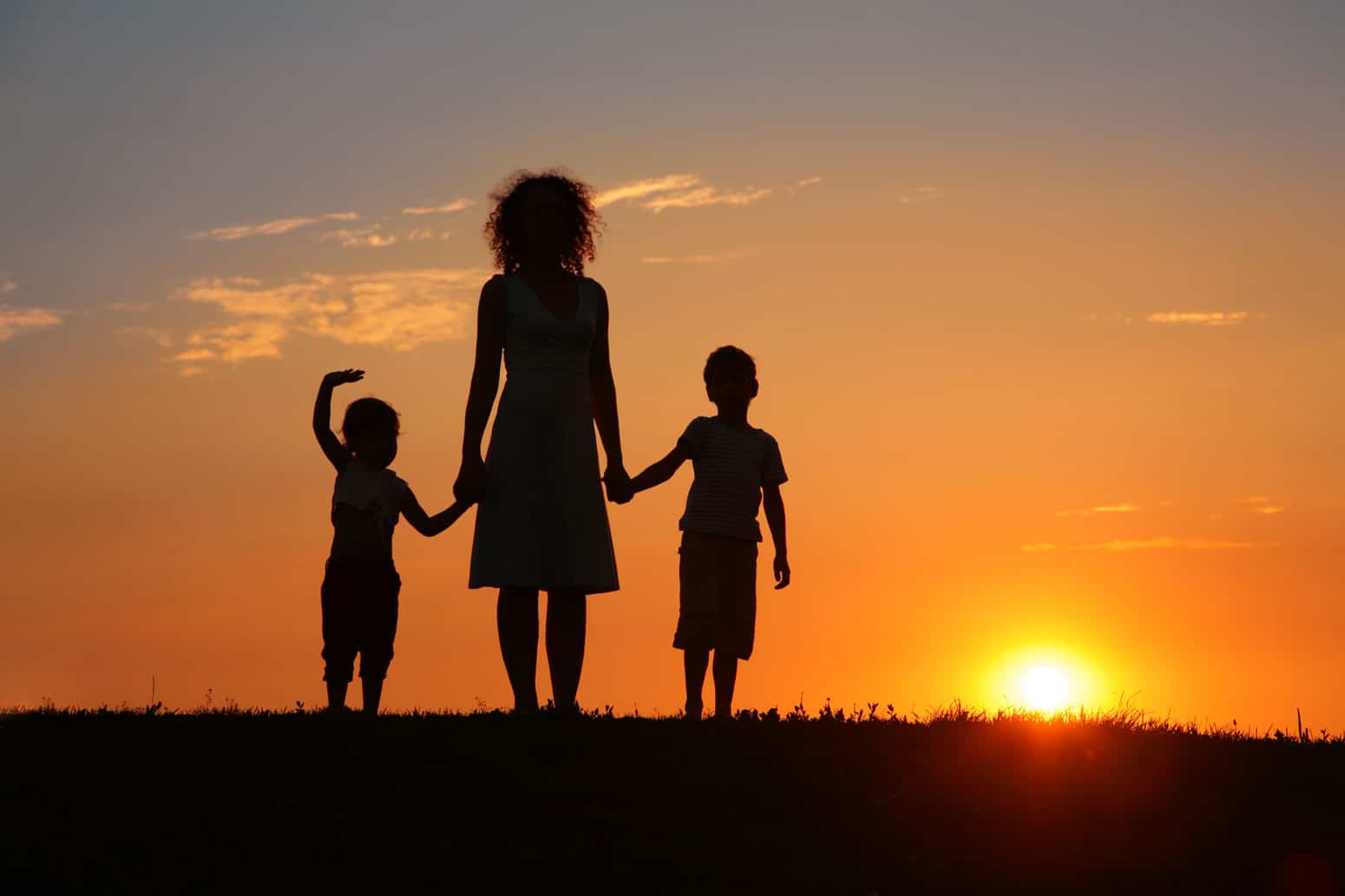In my early twenties, I started hearing more and more about breast health. I paid attention enough to know that I needed to conduct self-exams and get annual mammograms when I was older (maybe 50 years old I thought); but really, I just acknowledged that breast health was a thing. My thoughts on it all consisted of: I have breasts, and I need to pay attention. Like so many women in their early twenties, I felt invincible. No one in my family had ever had breast cancer, so it wasn’t something of concern. I had an “I’ll take care of it later” type of mentality. Until someone in my family did have breast cancer and it became an alarming concern.
My mother was diagnosed with breast cancer 10 years ago. She was 56 years old and went in for her annual exam. They discovered a tumor. Though very small, it was a difficult time for our family. The statistics and unknowns can be very hard to wrap your brain around when you do not have enough understanding of what you’re facing. Being uneducated can increase those fears. My mother recovered and has now been cancer-free for nearly 10 years. Because the tumor was small, it was treated quickly. Nonetheless, this very scary time forced me to seek information and become aware that something like breast cancer can strike without warning, whether there’s family history or not. We are not invincible. And because of that, I see breast health in a new light. It’s not something that other women need to do; it’s something that every woman needs to do. In fact, “One in eight women in the United States will be diagnosed with breast cancer in her lifetime.”1
Though there are risk factors that are completely out of our control in preventing breast cancer, such as age and family history, there are risk factors that we do have some control over. Is it guaranteed that these things will help us avoid this terrible disease altogether? Of course not, but according to experts, there are things we can do to decrease our chances. According to the Siteman Cancer Center, there are five “changeable risks.”2
Risk 1: Weight
Keeping a healthy weight can reduce the risk of many cancers, including breast cancer. A “healthy” weight can be different for different people. Speak to your doctor about what that means for you.
Risk 2: Diet
They recommend a diet high in plant-based nutrition in addition to 30 minutes of activity per day. Doing something you enjoy makes it much easier to maintain long-term.
Risk 3: Alcohol
Siteman recommends less than one alcoholic beverage per day to reduce the risk of breast cancer.
Though there are risk factors that are completely out of our control in preventing breast cancer, such as age and family history, there are risk factors that we do have some control over.
Risk 4: Not Breastfeeding
This one surprised me quite honestly: breastfeeding can decrease your risk. According to the Siteman website, “Studies have shown that at least a year’s worth of breastfeeding across all children has risk reduction benefits.”
Risk 5: Hormone Replacement Therapy
Estrogen-progestin and estrogen-only hormone replacements can increase our risk.
As I stated, I didn’t start intentionally paying attention to my breast health until I needed to pay attention. However, this research also tells us that forming these positive health behaviors early in life will also decrease our risks, which is the reason we need to start being aware and informed when we’re young. It will benefit us all in the long run.
—
Related Articles:
Words of Encouragement From a Cancer Survivor
What a Breast Biopsy Taught Me About Grace
10 Things I Learned About Cancer as an Oncology Nurse
Posttraumatic Growth: Finding Meaning in the Pain
When You’re Desperate to Know the Reason for Your Pain
#gritandgracelife
Don’t miss this podcast episode from This Grit and Grace Life: How to Face the Impossible with Grit and Grace – 035!













